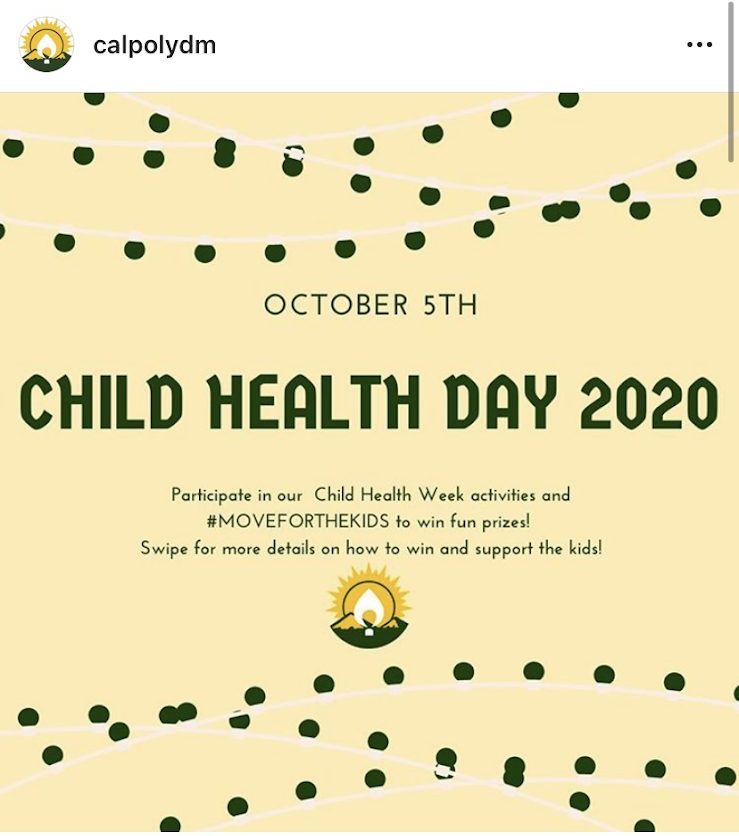High Number of Flu Cases at Cottage Health Hospitals
In recent weeks the flu has spread rapidly across California and the entire nation, impacting hospitals and emergency departments, including Santa Barbara, Goleta Valley and Santa Ynez Valley Cottage Hospitals.
In an effort to prevent the spread of flu and provide care to those patients who are experiencing extreme illness and life-threatening conditions, we are asking people to avoid coming to the emergency department unless they are suffering from serious symptoms or complications. Most people with the flu will have more moderate symptoms and will recover within about a week without medical treatment, by resting and drinking plenty of fluids to stay hydrated.
The risk of life-threatening flu is especially impacting the very young and the elderly. Pregnant women and those with underlying health conditions are also at higher risk. These higher risk patients will have priority in our emergency departments.
If you are in a high-risk group or have concerns, call your primary care doctor or clinic at the first sign of flu symptoms to determine whether you might benefit from antiviral medication, to help shorten the duration and severity of the flu. It is important to consult your pediatrician before providing any medication to young children.
The emergency department may have long wait times due to the high volume of patients. Our staff is evaluating all patients and prioritizing treatment based upon the severity of illness and injury. We ask for the community’s understanding and cooperation as we work to treat all patients who need care.
Severe flu symptoms include the following:
- Difficulty breathing (more serious than stuffy nose) and shortness of breath
- Pain or pressure in the chest or abdomen
- Sudden dizziness and confusion
- Severe or persistent vomiting
- Flu symptoms that improve but then return with fever and a worse cough
- Bluish skin color
For children, additional symptoms of serious flu include:
- Breathing fast
- Not drinking enough fluids
- Not waking up or interacting
- Very irritable to the point they don’t want to be touched or held
- Not shedding tears when crying, have significantly fewer wet diapers than normal
We also would like to remind the community that it is not too late to get a flu shot. Getting vaccinated is the best protection against the flu. Other precautions include washing your hands often with soap and water; avoiding touching your eyes, nose and mouth; and avoiding contact with sick people.
If you become sick, stay home from work and school to avoid infecting others. People with flu-like symptoms should not enter the hospital if they are not in need of emergency care.
Find more information on preventing and treating the flu at www.cdc.gov/flu.




